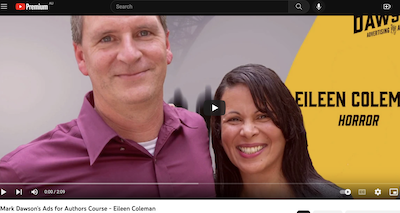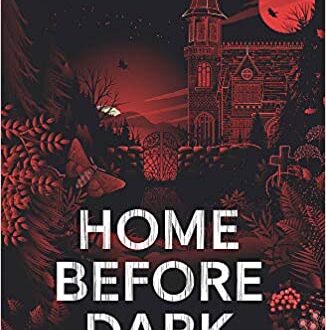Book editing tips
Are you writing your memoir or life story? Or writing someone else’s biography? Here are three really solid book editing tips to help polish your story.
Book editing tip 1: idioms

Idioms are a colloquial way of phrasing something.
‘An idiom is a common word or phrase with a culturally understood meaning that differs from what its composite words’ denotations would suggest.’
Here are some examples of idioms:
‘Sick as a dog’
‘Out of the blue’
‘Barking up the wrong tree’
When writing memoir, it’s wise to limit your use of idioms. Although this really does depend on your intended readership and what language they use.
Using a lot of idioms takes away from the specificity of your stories if overused. And one of the keys to really interesting writing (both fiction and non fiction) is specificity, especially when it comes to including the details.
It also limits your audience and may make it difficult for those who have English as an additional language and speaks purely to Australian readers if your idioms are Australian. This can exclude a lot of readers.
The expression ‘show, don’t tell’ would be useful to learn more about to help you write the specifics. You may have included a lot of great statements about what you think and feel in certain situations but without any real “showing” how you got there.
Here are some helpful articles on show, don’t tell:
Show don’t tellShow don’t tell mantraWrite practice: show don’t tell
Book editing tip 2: repetition

This is quite a common writing mistake that I see when I am copyediting clients’ books.
Be extra careful of repetition. Often, in sentences, you can be predisposed to saying the same thing but in slightly different wording. Or multiple sentences or paragraphs can have the same essence. Take care to eliminate any repetition in your writing and be cautious about using a sentence that can be reduced down to much fewer words.
Here are a few ways that you can reduce repetition:
- Use a thesaurus
- Read your work out loud and take out any words that are superfluous
- Break up your sentences
- Vary your sentences by changing length, rhythm and cadence.
Book editing tip 3: credibility

Be sure to add credibility to your story. Just because it’s a personal recount of something that happened or an overview of your life, doesn’t mean that it has to be devoid of credibility and authority. Here’s how to write with authority.
Often contradiction can occur when writing memoir, which happens when you are writing everything through a very personal lens. The best way to avoid this is by sticking to the facts of what really happened and then adding the emotive aspects over the top. For example,
‘I was sitting in a taxi, wondering if I had overdressed for the evening, when I looked out the window and saw Mom rooting through a dumpster,’ Jeanette Walls, The Glass Castle.
The facts are that she was sitting in a taxi in the evening and saw her mum going through a dumpster. She didn’t say, ‘It was such a sad sight to see my mum being a homeless person and her life falling apart.’
You can also add credibility by using the term ‘I think.’ For example, ‘I think there were five people at my party,’ reads much better as ‘The five people at my party were…’
Removing those two small words adds more assurance to what you’re telling your readers and gives confidence that the memories you are providing are as reliable as they can be. No one wants to read a “wishy washy” recount of an occurrence.
Furthermore, be sure to back up any bold statements with statistics, resources or research especially if it’s medical or science based. For example, ‘Many people die from…’ is much more powerful when you write ‘According to Credible Journal, three people die each day from…’
If you want your memoir or autobiography to be publication ready, it’s well worth investing the time in editing and then editing it again. In all seriousness, you should be considering editing your entire manuscript at least three to eight times!



